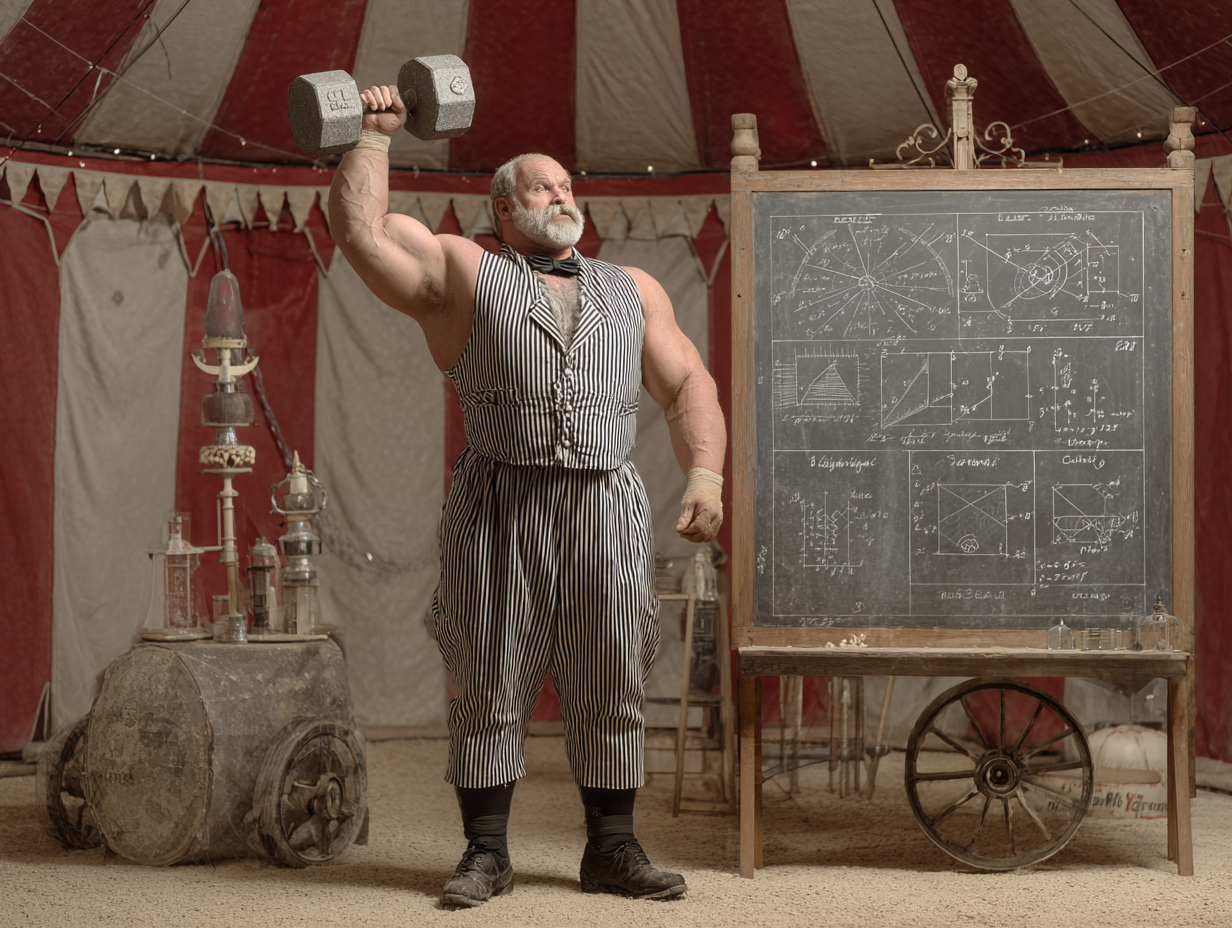
Cognitive Load at WorkThe science of overload and decision fatigue — and how to structure work for clarity
Research from cognitive psychology shows that working memory can only hold about four chunks of information at once (Cowan, 2010). Beyond that, our brains start compensating by dropping information, skipping steps, or defaulting to easier, habitual answers. In a business context, that means your best thinkers are often too taxed to actually think.

The Manager Bottleneck: Fixing Middle Leadership with Science
Here’s how to equip middle managers with decision-making tools, not just soft skills.

Mentorship That Moves the Needle: How to Design Programs that Work
Why most mentorship programs fail — and how to design one that measurably improves learning, retention, and engagement.

The Science of Strong Teams: What Actually Works
When cohesion and psychological safety work together, teams become significantly more capable of navigating uncertainty, integrating diverse perspectives, and executing complex tasks. A 2021 meta-analysis by Frazier et al. found that psychological safety was strongly correlated with performance, especially when teams had a high degree of interdependence and were tasked with problem-solving.
Importantly, cohesion can support the development of psychological safety by fostering trust and mutual understanding. At the same time, psychological safety can accelerate cohesion by encouraging open communication and vulnerability. These two dynamics reinforce each other, creating what researchers call a virtuous cycle of performance (Newman et al., 2017).